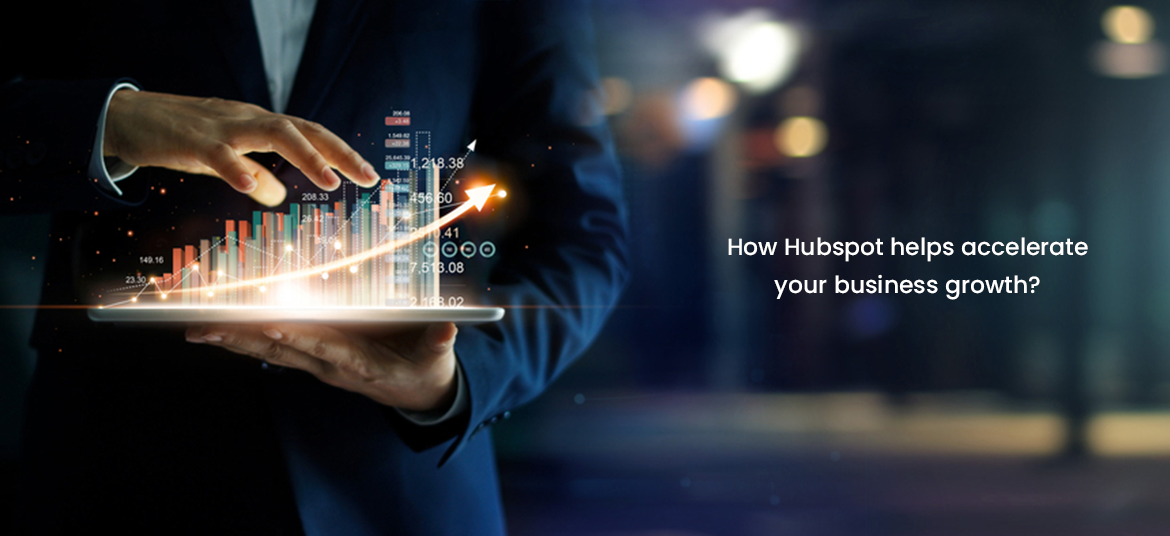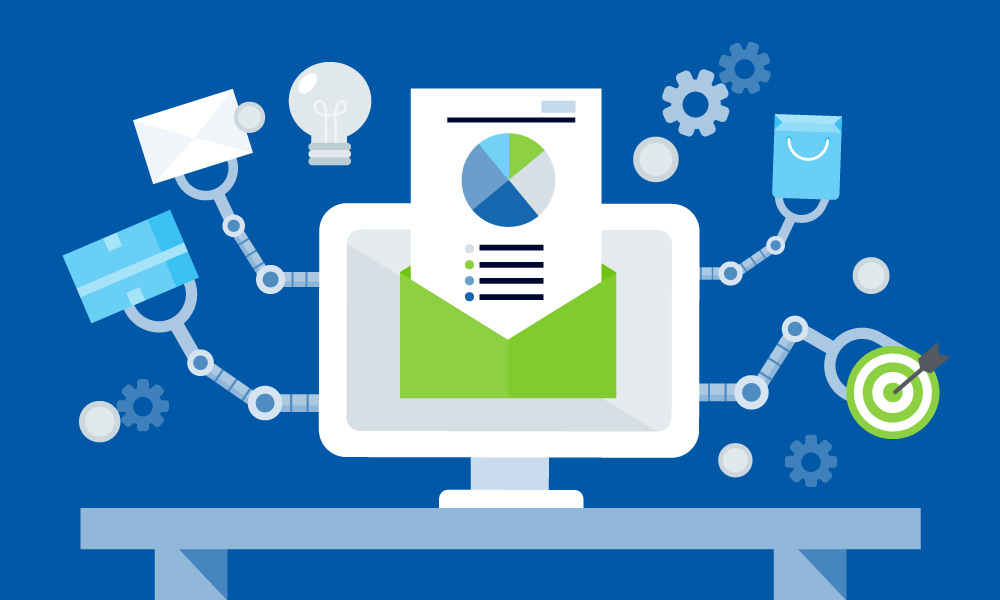AI Breakthroughs That Will Change the World artificial Intelligence (AI) has already started to revolutionize various industries, from healthcare to transportation and beyond. AI breakthroughs are constantly emerging, each one more exciting and transformative than the last. These innovations hold the potential to reshape our lives in profound ways, offering solutions to complex global challenges and creating opportunities that were once unimaginable.
As AI evolves, the world is on the brink of a new era. The impact of AI breakthroughs could touch every corner of our daily lives. Whether through enhanced medical diagnoses, autonomous transportation, or even the creation of entirely new industries, AI is poised to change the world. Here, we’ll explore some of the most promising AI breakthroughs that could redefine the future.

1. Personalized Healthcare Through AI
The healthcare sector has already seen incredible strides thanks to AI, but the breakthroughs are far from over. One of the most transformative changes coming from AI breakthroughs is the ability to create personalized healthcare plans tailored to individual patients.
Predictive Health Insights
With access to vast amounts of patient data, AI can predict health issues before they become critical. For example, AI-driven algorithms can analyze medical records, genetic information, and lifestyle data to anticipate conditions like heart disease, diabetes, and even cancer. This predictive ability allows for earlier interventions, potentially saving lives by preventing diseases before they fully manifest.
AI for Precision Medicine
One of the most promising AI breakthroughs in healthcare is the development of precision medicine. AI can analyze genetic data to help doctors understand how a patient’s unique genetic makeup affects their response to treatment. By leveraging this information, healthcare providers can develop more effective, customized treatment plans that are tailored to the individual’s genetic profile. This approach will not only increase the effectiveness of treatments but also reduce side effects, marking a major shift in the way medical care is delivered.
2. Autonomous Transportation: The Future of Mobility
Self-driving cars have long been the dream of engineers and futurists. Today, thanks to AI breakthroughs, this dream is becoming a reality. Autonomous vehicles have the potential to reshape the way we move around cities and even across the globe.
Safer Roads Through AI
One of the most compelling reasons for the widespread adoption of autonomous vehicles is safety. Human error is responsible for a large percentage of traffic accidents. By using AI, autonomous cars can react more quickly and accurately than humans in most driving scenarios. AI systems can process data from sensors and cameras in real-time, allowing the vehicle to respond instantly to potential dangers, such as pedestrians, other vehicles, or road hazards.
Efficient Traffic Management
Beyond individual vehicles, AI is also making advancements in traffic management. AI can analyze real-time traffic data to optimize traffic flow, reducing congestion and improving overall efficiency. Through AI-driven algorithms, cities can implement smart traffic lights that adapt to current road conditions, helping to reduce waiting times and fuel consumption. These AI breakthroughs in transportation will not only make roads safer but will also reduce the environmental impact of our daily commutes.
3. AI-Powered Climate Change Solutions
Climate change is one of the most pressing challenges of our time, and AI is emerging as a powerful tool in the fight against it. AI breakthroughs are being used to develop innovative solutions for reducing emissions, conserving resources, and predicting environmental changes.
Predicting Climate Patterns with AI
AI can process vast amounts of environmental data, helping scientists predict future climate patterns with greater accuracy. By analyzing data from satellites, sensors, and weather stations, AI systems can identify trends and patterns that might otherwise go unnoticed. This predictive power enables governments and organizations to prepare for extreme weather events, such as hurricanes, floods, or wildfires, giving them time to implement necessary measures to mitigate damage.
Energy Efficiency and Sustainability
AI is also making significant strides in improving energy efficiency. AI breakthroughs in smart grids and energy management systems are enabling better control and distribution of energy resources. These AI systems can predict energy demands, optimize power distribution, and reduce energy waste. For example, AI can help balance the energy supply from renewable sources like solar and wind with the demand for electricity, creating more sustainable energy systems.
Furthermore, AI-driven solutions are helping to reduce waste in industries such as agriculture, manufacturing, and construction. By optimizing supply chains, AI can minimize the resources used in production, cutting down on emissions and waste. These advancements represent a critical step forward in creating a more sustainable future.
4. AI and the Future of Work: A New Era of Collaboration
AI is often feared for its potential to replace human jobs. However, the reality is far more complex. AI breakthroughs are paving the way for a new era of work, where humans and machines collaborate rather than compete.
Automation of Repetitive Tasks
One of the most significant ways AI is transforming the workforce is through the automation of repetitive tasks. In industries like manufacturing, finance, and logistics, AI systems can take over routine work, allowing employees to focus on more creative and strategic roles. For example, AI can process invoices, manage inventory, and even perform customer service tasks through chatbots, freeing up human workers to engage in higher-level decision-making.
Enhancing Human Creativity
AI is not just about automation; it is also enhancing human creativity. In fields like marketing, design, and content creation, AI tools are helping professionals brainstorm, generate ideas, and even create original content. AI-driven design software can suggest layouts, color schemes, and even write basic copy for advertisements. This enables designers, writers, and marketers to experiment more freely and efficiently, leading to more innovative outcomes.
Collaboration Between Humans and AI
The future of work will see humans and AI systems working side by side. In healthcare, for example, AI could assist doctors in diagnosing diseases, while in research, AI could help scientists analyze data and generate hypotheses faster than ever before. Rather than replacing jobs, AI will augment human abilities, enabling workers to achieve more in less time. The result will be a more productive and efficient workforce, one that can take full advantage of the unique strengths of both humans and machines.
5. AI in Education: Revolutionizing Learning
Education is another area where AI breakthroughs are set to make a profound impact. By personalizing the learning experience, AI can help students of all ages reach their full potential, regardless of their learning style or pace.
Personalized Learning with AI
AI has the potential to create highly personalized learning environments. Through machine learning algorithms, AI can assess students’ strengths, weaknesses, and learning preferences. Based on this data, AI can suggest customized study plans, resources, and exercises that are specifically tailored to each student’s needs. This personalized approach ensures that students receive the right level of challenge and support, increasing engagement and improving outcomes.
Intelligent Tutoring Systems
Intelligent tutoring systems powered by AI can provide students with real-time feedback and guidance. These systems can help students understand complex concepts, answer questions, and offer explanations in ways that are easy to comprehend. With the ability to adapt to each student’s learning style, AI tutoring systems can provide more effective support than traditional classroom methods, allowing for a more efficient and engaging learning experience.
AI for Teachers
AI can also assist teachers by automating administrative tasks, grading assignments, and providing insights into student performance. By freeing up time spent on these tasks, AI allows educators to focus more on teaching and supporting their students. Additionally, AI can help teachers identify struggling students early, enabling them to intervene and offer assistance before issues escalate.
6. AI for Better Security: Safeguarding Our Digital World
As our reliance on technology grows, so does the need for stronger cybersecurity. AI breakthroughs are transforming the way we protect sensitive data and combat cyber threats.
AI for Threat Detection
AI is already being used to detect cyber threats in real-time. By analyzing vast amounts of data from networks and systems, AI can identify patterns and anomalies that indicate potential security breaches. These systems can respond instantly to attacks, often preventing damage before it occurs. AI-powered cybersecurity systems are more efficient and accurate than traditional methods, allowing organizations to stay one step ahead of cybercriminals.
Fraud Prevention
In the financial sector, AI is being used to prevent fraud by analyzing transactions for suspicious behavior. AI systems can identify patterns of fraudulent activity and flag transactions that deviate from normal behavior. This proactive approach helps prevent financial losses and protect consumers from identity theft and other forms of fraud.
Conclusion
The future of AI is undeniably exciting. AI breakthroughs are poised to transform industries, improve lives, and solve some of the world’s most pressing challenges. From healthcare to transportation, education, and cybersecurity, AI has the potential to create a more efficient, sustainable, and personalized world.
As these technologies continue to evolve, they will provide new opportunities and raise important ethical questions.
The world is on the cusp of an AI-powered revolution, and the possibilities are endless. The question is no longer whether AI will change the world—but rather, how it will do so, and how quickly. As AI breakthroughs continue to emerge, the future is bright, and the opportunities are boundless.






